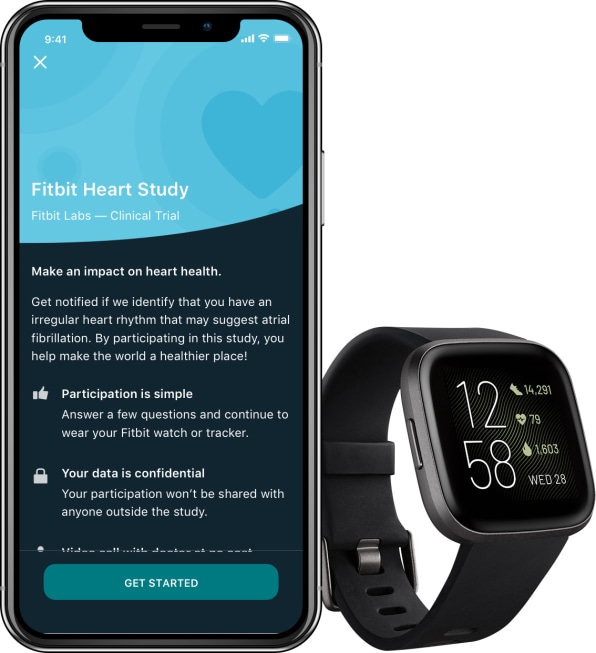Here’s a reason to fish out that Fitbit you left in a drawer somewhere
The Fitbit tracker you already own (the one you might’ve tucked away in a drawer years ago) could get a noteworthy new feature—if a new, “virtual” study goes well.

Fitbit announced its “first large-scale” heart study today, led by Massachusetts General Hospital cardiologist Steven Lubitz. The wearables company, which Google bought for $2.1 billion last year, says the study “may validate the use of” some of its devices to detect irregular heart rhythms, in particular atrial fibrillation. The results will be used in Fitbit’s applications to launch the feature broadly on its Versa and Ionic smartwatches, the Charge 3, Charge 4, and Inspire HR.
The popular Charge 3 tracker launched in 2018—the same year Apple brought irregular heart rhythm notifications to its Series 4 smartwatch. The study announced today is part of Fitbit’s strategy to compete with Apple Watches, which have cast a long shadow over the wearables empire and pushed it to invest in full-blown smartwatches.
(13)



